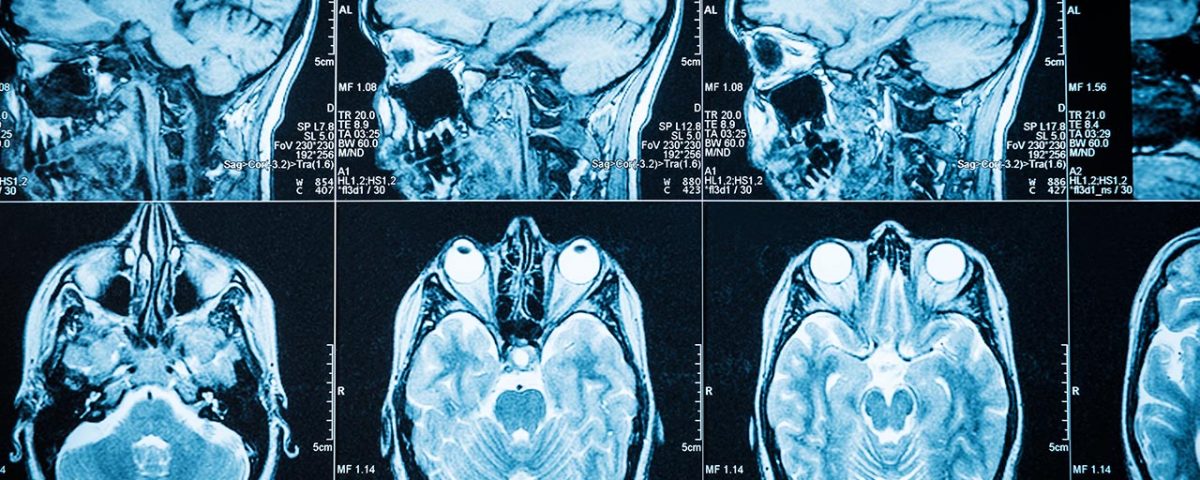Professional athletes like boxers, football players, and hockey players commonly suffer from a condition called chronic traumatic encephalopathy (CTE).
Although they usually attribute this condition to suffering continuous blows to the head, it can also be caused by drug abuse. The data on the connection between drug addiction and brain trauma is extensive, yet many people are unaware of how damaging long-term drug abuse can be to the brain’s chemical makeup. Our drug and alcohol rehab center in Philadelphia is offering a closer look at how chronic traumatic encephalopathy and drug abuse are related.
What Is Chronic Traumatic Encephalopathy?
Chronic traumatic encephalopathy is a degenerative and fatal brain disease that progressively deteriorates the brain. Although it’s usually caused by repeated brain trauma, it can also be caused by long-term drug abuse. While there’s still plenty of research that needs to be conducted in order to understand the full scope of this condition, scientists have recently uncovered some details. Chronic traumatic encephalopathy causes a protein called Tau to form into clumps, which spread throughout the brain and kill brain cells. Unfortunately, CTE symptoms do not immediately present themselves.
The four stages of chronic traumatic encephalopathy are as follows:
Stage 1: During the early stages of CTE, a person may experience sporadic moments of short-term memory loss symptoms related to those of depression. Aggression is common for people in this stage of CTE.
Stage 2: In the second stage of chronic traumatic encephalopathy, a person usually experiences more severe symptoms related to mood and behavior. Intense emotional outbursts and severe symptoms of depression are common during this stage.
Stage 3: In the third stage of CTE, the individual may struggle with cognitive-related issues like memory loss, lack of visuospatial function (differentiation of space between objects; necessary for movement and depth perception). Brain weight loss is also common during this stage of chronic traumatic encephalopathy.
Stage 4: Once the individual has reached the fourth stage of CTE, they may struggle with speaking, memory, paranoia, and anxiety.
Because the brain undergoes a form of deterioration when under the attack of CTE, an active addiction may only worsen the brain’s ability to function. At Banyan Philadelphia, we’re aware of the brain damage that can be caused by substance abuse alone. The aftermath of chronic traumatic encephalopathy and drug abuse is terrifying, and that’s why we offer a variety of addiction treatment programs to help people with drug dependencies get help before it’s too late.
Signs of CT
The signs of chronic traumatic encephalopathy are often attributed to a different disease or health condition. That’s why it’s important to be aware of chronic traumatic encephalopathy symptoms to ensure the individual receives immediate medical attention.
Common signs of chronic traumatic encephalopathy include:
- Sporadic moments of short-term memory loss
- Frequent confusion
- Lack of visuospatial function (refers to a person’s ability to space and visual relationships between objects)
- Aggressive behavior
- Depressive symptoms
- Suicidal thoughts
- Frequent mood swings>
- Disorganized thoughts
- Difficulty with motor skills
These symptoms can be easily attributed to another mental disorder or even addiction alone. If you have a loved one who is displaying these symptoms, though, they may be suffering from chronic traumatic encephalopathy.
Can Drug Abuse Cause CTE?
So, can drug abuse cause chronic traumatic encephalopathy? Possibly. A study conducted in 2016 reported that a combined history of head trauma and drug abuse was a predictor of CTE. And it’s no surprise.
Drugs like methamphetamine, cocaine, and even opioids are known for affecting the way brain cells communicate with each other. While prescription drugs like opioids can be monitored by doctors, other illicit substances like cocaine, meth, bath salts, and different types of heroin aren’t as manageable.
Drug abuse is also linked to the deterioration of gray and white matter in the brain, which controls essential functions like muscular activity, sensory activity, and communication between brain cells. Dementia has also been linked to drug abuse, as well. Not only can drugs and CTE produce the same side effects, but the former may also worsen any symptoms of the latter. While researchers are still figuring out the ins and outs of CTE, one thing is clear: drug abuse may be a strong contributor to chronic traumatic encephalopathy.
Brain damage isn’t the only possible cause of long-term drug abuse. Without a partial hospitalization program, addiction may continue to disrupt your life or the life of a loved one.









